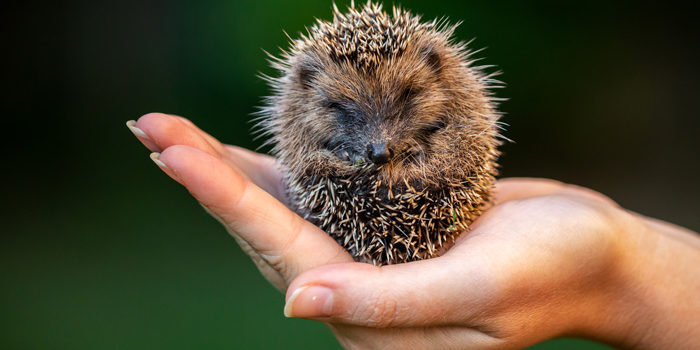This last weekend I have been teaching a weekend for mindfulness teachers on the subject of doing less and being more in enquiry, with my good friend Jan Mayor. It is a stand-alone weekend, but it is also in preparation for the Compassion Based Living Course teaching skills retreat in April. As training in compassion often gives rise to emotional challenges, we also explored how to be in enquiry in the face of the challenges that our course participants face.
We looked at the two aspects of compassion practice. The first is a turning towards what is challenging emotionally and the second is building resources so as to respond skilfully to relieve the emotional challenges. So actually, the second aspect itself has two aspects. The first is building our resources, our compassionate capacity, so that we have the resilience not to be overwhelmed by the emotional challenges we or those around us, experience. The second is then, from this space of resource, responding skilfully to the challenges.
As we discovered together over the course of the weekend, often the best response is just to be present in a kind and non-judgemental way. If we can be OK in the presence of another’s emotional challenges, then that gives them the permission to be OK with it too. Often the emotional overwhelm comes not from the challenge itself, but from the fight we get into with ourselves that it is not OK to feel like this, and that there obviously must be something wrong with us. If as mindfulness teachers we can be present with our course participants embodying a sense of ‘nothing wrong’, a human transmission (technically in neuroscience via mirror neurons) takes place of OKness.
As mindfulness teachers, the only way we can do this with authenticity, is from our own practice. In our own practice do we experience a sense of ‘nothing wrong’ when we face emotional challenges? When I first heard my teacher Rob Nairn say ‘nothing wrong’ I certainly did not agree with him. My own experience felt very wrong. But through mindfulness, compassion and insight practice, I have come to see that nothing is wrong. Whatever emotional challenge is here, is here, and if I am able to recognise the challenge, I can sometimes choose how to respond.
Otherwise, I identify with the difficulty, want rid of it, think endlessly about it and elaborate the difficulty until I am overwhelmed. If I can recognise an emotional challenge and feel it, I may be able to recognise that it is not who I am, but is just moving through my experience. Then I can become curious and see what can be learned. Challenges in our personal practice and in our teaching practice are opportunities for learning, they are the mud in the lake of the mind, which fertilise the lotus of compassion. This is where personal growth comes from and is why compassion training is so transformative.
As practitioners, Mindfulness Level 2 – Responding with Compassion we practice to be present for ourselves in a kind and non-judgemental way. As our mindfulness practice gradually reveals those parts of ourselves and our life experiences that we are ashamed or afraid of, in our compassion training we gradually build the compassionate capacity to hold these parts of ourselves. We do this through practices of compassionate imagery and embodied self-compassion practice. We gradually build an inner sense of ‘nothing wrong’ which then becomes part of our approach to life and we are then able to benefit those around us. We are able to offer a kind and non-judgemental holding to those around us who are struggling.
This last weekend we came to recognise together, that we often have a sense that we have to do something practical to help those who are suffering. We try to fix or rescue them. But this is often because we are uncomfortable ourselves and it is really about making ourselves feel better. Of course, there are practical things that we can do to help others. However, our first port of call might be to be present unconditionally, hold the space for someone to express their distress, to feel heard and to feel safe. If we can listen deeply first, then perhaps we can come to see that there is some practical help we can offer. Often just being there is enough.
So the next time you are in distress, is it possible to ground in the body and just be there for yourself with kindness and non-judgement, noticing your own discomfort and being there anyway. Perhaps do a self-compassion break as a way of being there for yourself. Then the next time you are with someone else who in distress, you might be able to do this for them, noticing your own discomfort and being there anyway. This, I think, is what compassion is all about.
Kind Wishes
Heather



